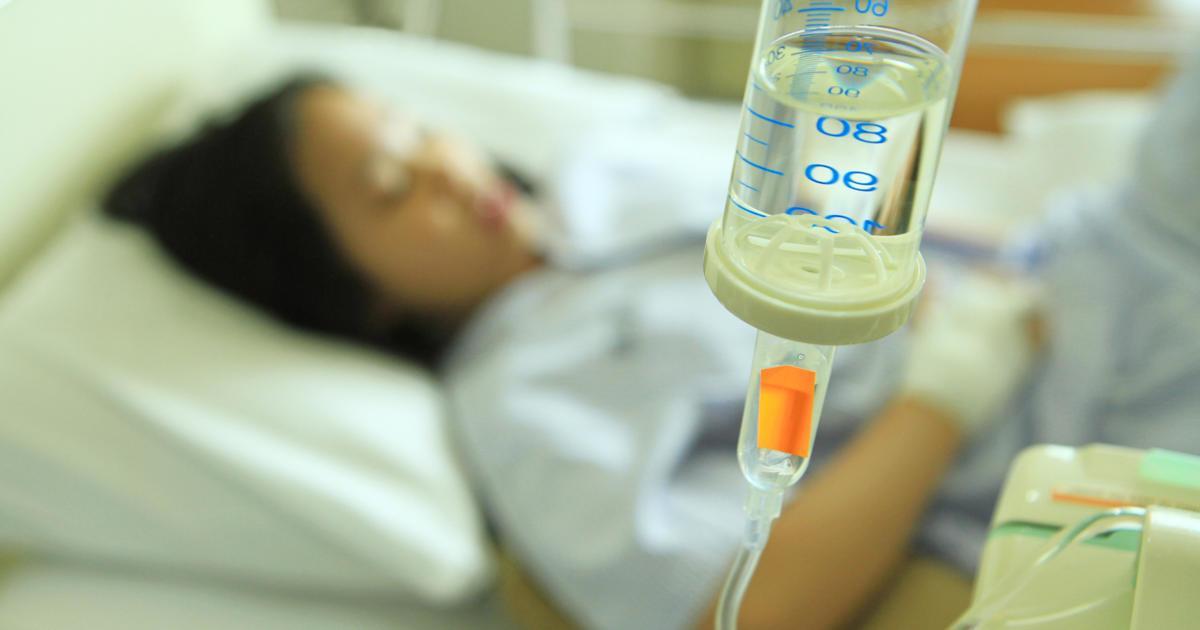How To Prevent And Treat Legionnaires' Disease
Course Of Antibiotics
A course of antibiotics may be needed for a Legionnaires' disease patient as part of their treatment process. Antibiotics are a type of medication utilized to stop bacteria from growing in the body and eliminate bacteria from the body. When treating Legionnaires' disease, it is imperative that after any urgent and life-threatening symptoms have been mediated to eliminate the infection-causing bacteria from the patient's body. Several different antibiotics have shown to be effective at the elimination of the Legionella bacteria. Macrolide antibiotics like azithromycin and quinolone antibiotics like ciprofloxacin, moxifloxacin, trovafloxacin, levofloxacin, and gemifloxacin are used in the treatment of Legionnaires' disease most often. In rare cases where these antibiotics are ineffective at the elimination of the Legionella bacteria, antibiotics such as minocycline, tetracycline, trimethoprim, and doxycycline may be utilized. When oral antibiotics in the form of pills are not able to be ingested, intravenous antibiotics or injections may be used.
Get more details on treating Legionnaires' disease now.
Intravenous Fluids

An individual who has contracted Legionnaires' disease may need to have intravenous fluids as part of their treatment plan. After taking the steps of stabilizing the patient, managing any life-threatening symptoms, and attempting to eliminate the bacteria from the body, supportive treatment should be provided to help the patient recover quickly. Individuals who have a severe form of Legionnaires' disease may become dehydrated due to a gross loss of appetite, vomiting, and or diarrhea caused by their infection. Dehydration occurs when more water is being lost from the body than the amount the patient is consuming. Fluids are required for an individual to maintain proper blood flow, blood volume, and blood consistency. All vital processes in the body require a sufficient balance of fluids. When more water is being lost than what is being taken in, the individual becomes dehydrated. A dehydrated individual can suffer life-threatening complications from the interruption of vital processes. Intravenous fluids are important to help rehydrate an affected individual.
Discover additional options for treating Legionnaires' disease now.
